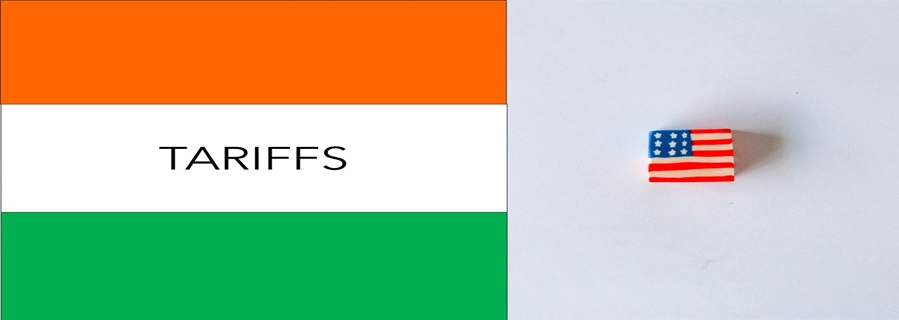Donald Trump’s tariffs of 50% have come into force on most US imports from India. India’s giant generic pharmaceuticals sector and its electronics and petroleum products are exempt from the tariffs. Aluminium, steel and copper remain at 25%, but job-heavy sectors such as textiles, jewellery, seafood and leather are squarely in the line of fire.
A U.S. Customs and Border Protection notice to shippers, opens new tab provides a three-week exemption for Indian goods that were loaded onto a vessel and in transit to the U.S. before the midnight deadline. Also exempted are steel, aluminum and derivative products, passenger vehicles, copper and other goods subject to separate tariffs of up to 50% under the Section 232 national security trade law.
The US has exempted the Indian pharma industry from immediate tariff raise, recognizing the importance of generic medications for affordable healthcare. Despite 50% tariff on other imports, experts suggest the US heavily relies on India for pharma, with potential repercussions for healthcare costs.
For more details, please visit:
How hard will Trump’s 50% tariff hit India, and what is Delhi doing about it? | India | The Guardian
Trump’s doubling of tariffs hits India, damaging ties | Reuters
Today we announce that Exim is rebranding as ExSyn. We are presenting a new brand identity and website as a reflection of our relentless transformation over the course of 30 years serving the pharma and chemical industries. The new brand builds upon our core strengths as a sourcing company and captures our most essential duty: helping improve people’s health and lives.
5-Methyl-3-vinyl-2-oxazolidinone (V-MOX) is a highly reactive monomer valued for its low viscosity, mild odor, and excellent reactivity. It is widely used as a reactive diluent in UV-curable inks and coatings, where it enhances adhesion, produces brighter colors, and improves safety compared to conventional diluents. In addition, V-MOX serves as a key building block in the synthesis of kinetic hydrate inhibitor (KHI) polymers, which are applied in oil and gas production to prevent hydrate blockages in pipelines.
Zinc ricinoleate is the zinc salt of ricinoleic acid, a hydroxylated fatty acid derived mainly from castor oil (Ricinus communis). It appears as a white to slightly yellowish powder, waxy solid, or paste, depending on formulation. Its most valuable property is its ability to trap and absorb odor molecules such as amines, sulfides, and short-chain fatty acids, making it an essential ingredient in deodorant and odor-control products.
The economic impact of biosimilars on the Australian health care system is now clearer, with data revealing their role in reducing market expenditure and driving price competition.
